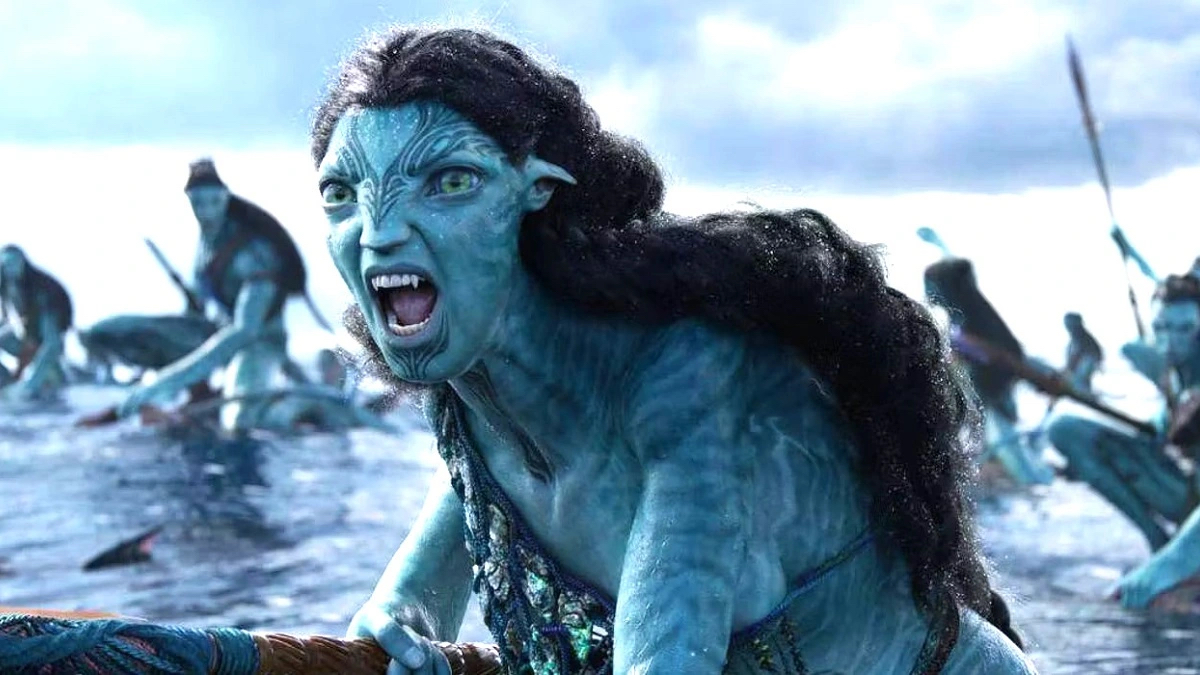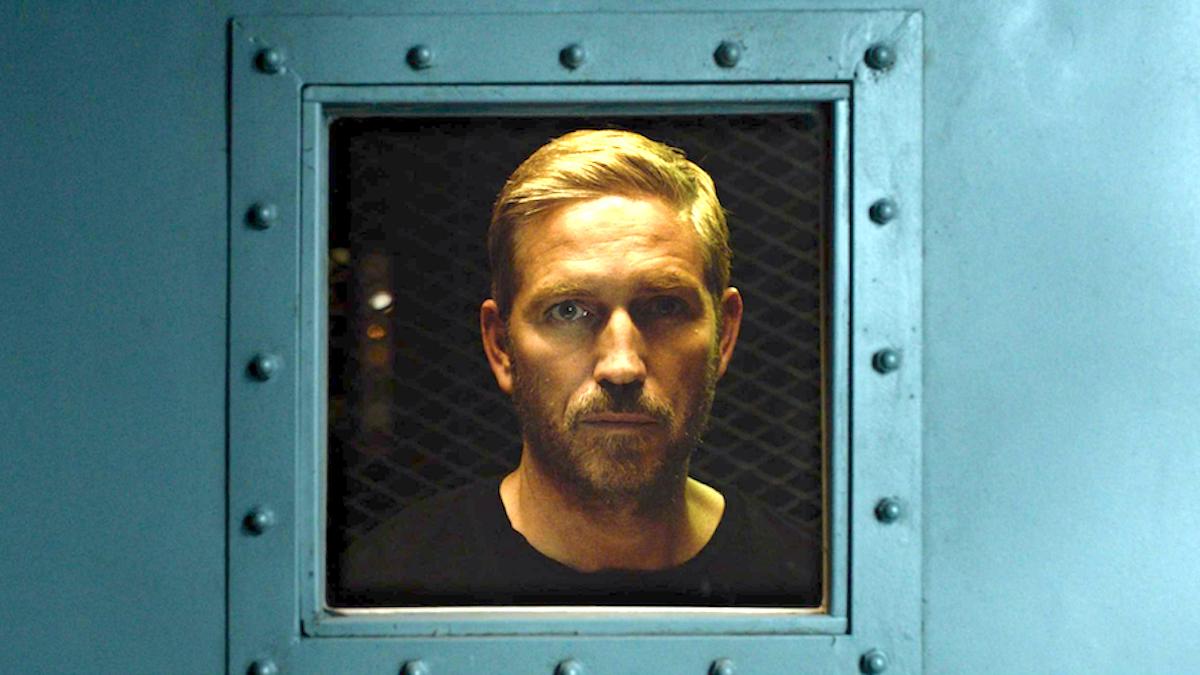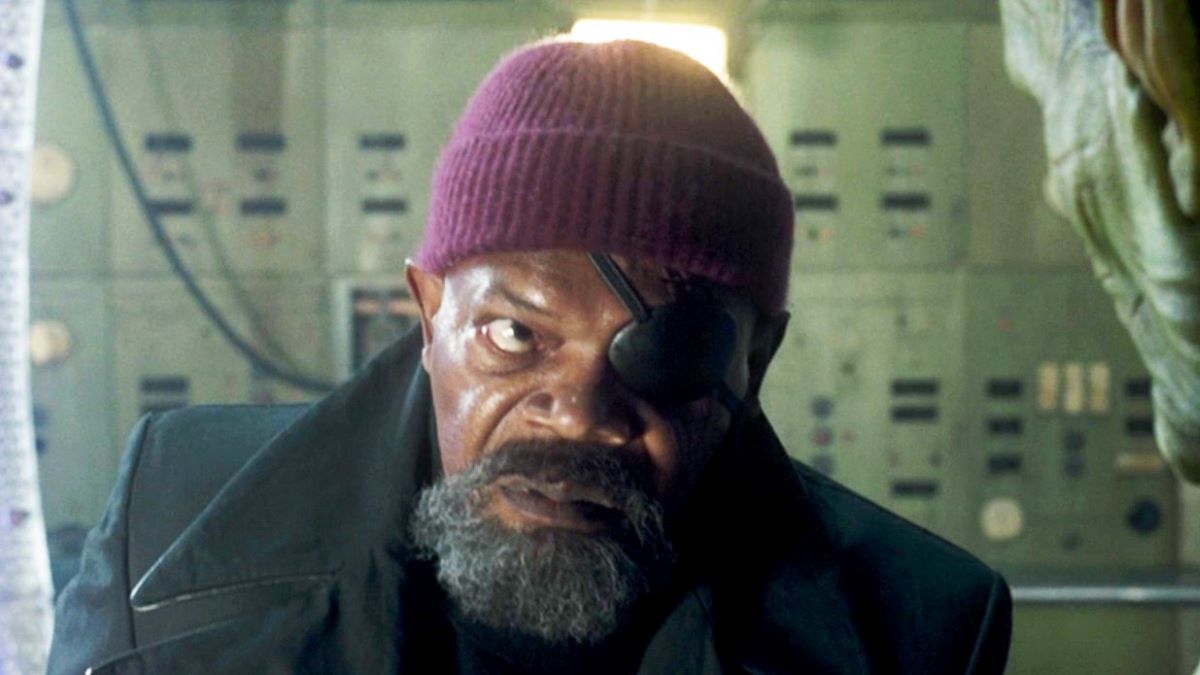When a company gets as large as Disney, legal troubles are a given. You don’t become one of the largest entertainment conglomerates around without stepping on some toes, and the Mouse House continues to make news by being caught up in frequent lawsuits. From government officials (looking at you DeSantis!) to its own stars (how could we forget Scarlett Johansson’s fight for better pay just a few years ago), Disney is either being sued, or doing the suing itself.
A new lawsuit from a film investor calls out a “chilling” financial practice alleged to have helped Disney profit at the expense of its own investors. Meanwhile, Disney is changing Marvels Studios’ focus when it comes to film and TV; could a particularly disappointing MCU show be to blame?
Elsewhere, the director of this summer’s sleeper hit, A Sound of Freedom, gives his take on why Disney let the popular thriller slip through its fingers.
Disney film financier TSG is suing the entertainment company for what it calls a “chilling example” of “Hollywood accounting” in order to short them of profits

TSG Entertainment Finance, a film financing company best known for its arrangement with 20th Century Studios (formerly 20th Century Fox), has sued both 20 Century Studios and Disney for breach of contract. In court documents obtained by The Hollywood Reporter (which you can read here, thanks to Deadline), TSG accused Disney of using “nearly every trick in the Hollywood Accounting playbook” to inflate their own profits and short TSG millions. The complaint itself opens with a scathing definition of “Hollywood Accounting” and accuses the “two Hollywood behemoths” of being particularly egregious with their usage of it.
“The pejorative term ‘Hollywood Accounting’ refers to the opaque and creative methods frequently employed by major television and film studios to cheat those who share in the profits of a television series or film out of their full contracted-for shares. The practice has unfortunately become ubiquitous among the major Hollywood studios… Even by those standards, this case stands out.”
TSG, which has invested more than $3.3 billion into over 100 films by the company’s own estimation, requested an independent audit of three films, and found it was owed at least $40 million according to their contract, though the financier believes the total owed is more rightly in the hundreds of millions. The finance partner has invested in profitable films like Avatar: The Way of Water, Logan, The Banshees of Inisherin, Deadpool, The Way of Water, and The Grand Budapest Hotel, among others; TSG asserts its resulting lack of cash inhibited it from taking a better position when investing in films like The Way of Water.
The crux of the lawsuit centers around distribution, much like Johansson’s 2021 suit — lawyer John Berlinski, who represented Johansson, is now repping TSG — specifically, a deal formed between HBO and 20th Century Studios in 2012, before Disney acquired the latter. As part of its inital deal with HBO, 20th Century Studios licensed its theatrical films to HBO for streaming after their theatrical run finished; per court documents, this agreement was meant to run from 2012 to 2022. When Disney acquired 20th Century Studios in 2019, it also acquired this deal, but had set its sights on expanding its own streaming platforms, specifically Hulu and Disney Plus. According to the court documents, TSG claims that Disney “ordered” HBO to amend this deal, and to “give up a significant portion of its guaranteed HBO license fees” so that Fox films could be streamed on Hulu and Disney Plus. While this greatly benefited Disney, TSG lost out on the “many millions” it believes it is owed, per the 2012 contract.
The entire document is worth a read, as it goes into more detail than I have room for here, but essentially, TSG’s financial position was dire enough that it had to take an advance from 20th Century Studios in order to invest in The Way of Water, as it was contractually required. Because it took this advance, TSG alleges Disney and 20th Century Studios are doubling down on previous breaches of contract, and saying issuing the advance allowed them “to invoke a provision of the RPA that would purportedly allow it to repurchase all released Qualifying Pictures and extinguish TSG’s hundreds of millions of dollars of legal claims.” The new suit echoes Johansson’s 2021 suit, which resulted in Disney reaching a settlement with the actress. Time will only tell if this suit, uh, follows suit.
Is Secret Invasion responsible for Marvel Studios reportedly scaling back on TV? Some fans seem to think so

After Bob Iger’s comments went viral back in July, rumors began to swirl that Marvel Studios would be cutting back on its TV offerings. In his Sun Valley interview with CNBC, the Disney CEO said constantly releasing original series on streaming was hurting Marvel’s value with viewers and said the company would be rolling out less Marvel content for Disney Plus as result.
“You pull back not just to focus, but also as part of our cost containment initiative. Spending less on what we make, and making less…
Marvel is a great example of that. It had not been in the television business at any significant level, and not only did they increase their movie output, but they ended up making a number of TV series. Frankly, it diluted focus and attention.”
After what many characterize as a disastrous run, Marvel fans are wondering if Secret Invasion might have something to do with the decision. The show cost a whopping $212 million, which is more than a number of MCU films, and is widely considered average at best by fans; it’s not a stretch to believe audience reception played a part in Iger’s (probably wise, if we’re being honest) decision to dial back Marvel TV content for the time being. Looking at Marvel’s TV content as a whole, it’s apparent that besides a handful of standouts, the majority feel uninspired and lack direction in the eyes of many MCU aficionados.
Phase Five’s theatrical rollout hasn’t impressed so far either; films like Ant-Man & the Wasp: Quantumania and Eternals have been criticized for their poor plots and for a lack of overall quality. With the decision to focus less on TV, there’s some hope that Marvel can redirect its attention to its films and recapture some of the excitement fans felt during the studio’s earlier golden age.
Sound of Freedom director voices his opinion on Disney’s decision to not release the film: “I don’t think it was intentional”

Sound of Freedom has proven to be this summer’s runaway hit, and it’s safe to say its success has surprised everyone — especially the many studios that turned it down. According to producer Eduardo Verástegui, the film was shopped around to big names like Netflix and Amazon, among others, but not one wanted the distribution rights until Angel Studios finally took on the film.
Disney originally had its hands on Sound of Freedom due to its acquisition of 20th Century Studios, before ultimately dropping the film. While the movie has net over $172 million in the box office so far, The Sound of Freedom has also become the subject of controversy and conspiracies, leading some to speculate as to why Disney washed its hands of the film. Director Alejandro Gómez Monteverde believes its not complicated, and told MovieWeb as such when he sat down for a recent interview; simply put, he believes the film fell to the wayside during the chaos of Disney’s acquisition.
“You know, when Disney bought Fox, imagine all the content that there was to go through. I think we got lost in translation. We were a little movie…So I just think that, when the merge happened, our film got lost. I don’t think it was intentional to be like, ‘Oh, we don’t want anyone to see you.’ I just think it was the nature of when one company gets bought.”
The COVID-19 pandemic occurred shortly after Disney acquired 20th Century Studios, and Monteverde thinks the resulting climate made people even less disposed to want to invest in a film covering such a dark topic.
“And you know, everybody thought that after COVID, people wanted to see movies that are very happy and not heavy. So our film started to even get more on the shelf, because people, the minute they heard what the film was about, I don’t even think they were considering it, because of the heaviness… So, I want to believe there was not a bad intent. I just think that the circumstances didn’t help our film. But looking back retrospectively, I think also right now people are more familiar with the theme. If we had come out earlier or another year, I don’t know if we’d get the box office success that we have had.”
He has a point; if The Sound of Freedom came out during the height of the pandemic, it’s unlikely the film would’ve even seen the inside of a theater, let alone make a similar profit on streaming. In 2023 however, it’s clear Disney missed out on the film and its insane box office profit while Angel Studios’ risk paid off for the small studio, no matter the controversies surrounding the film.

